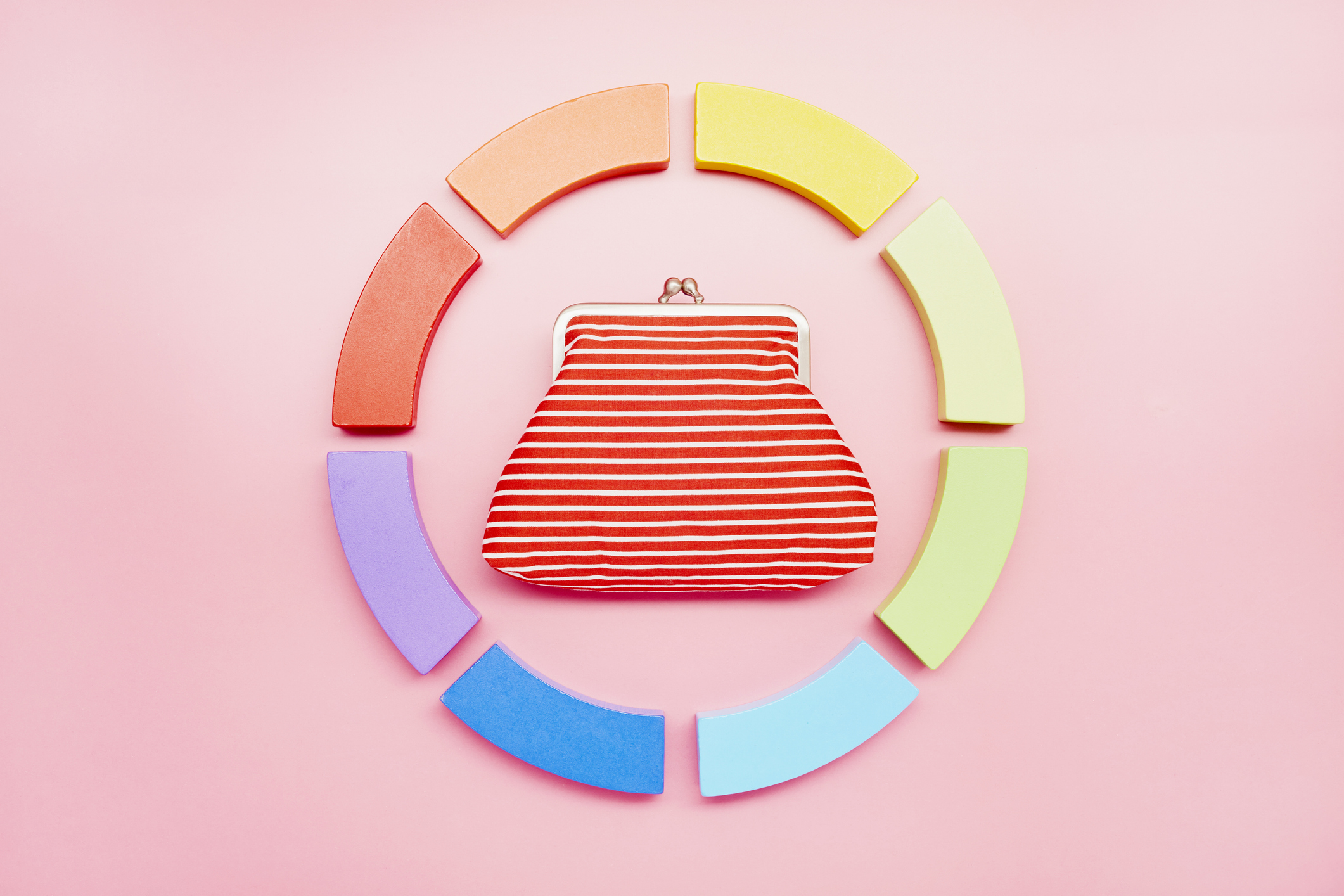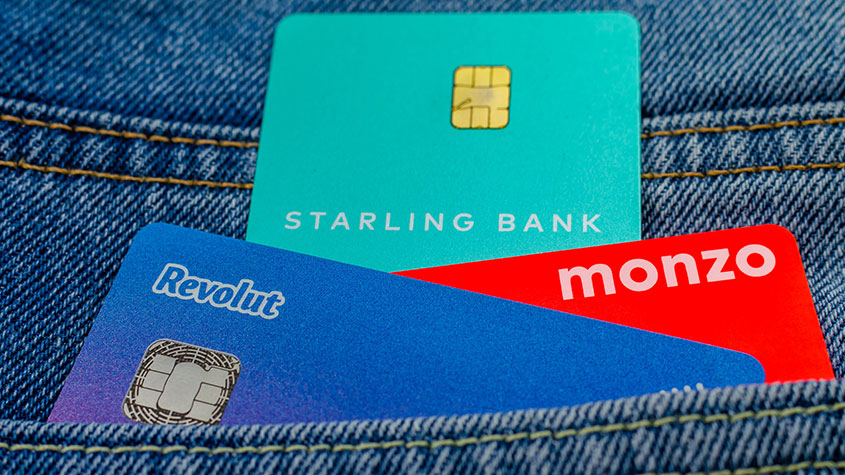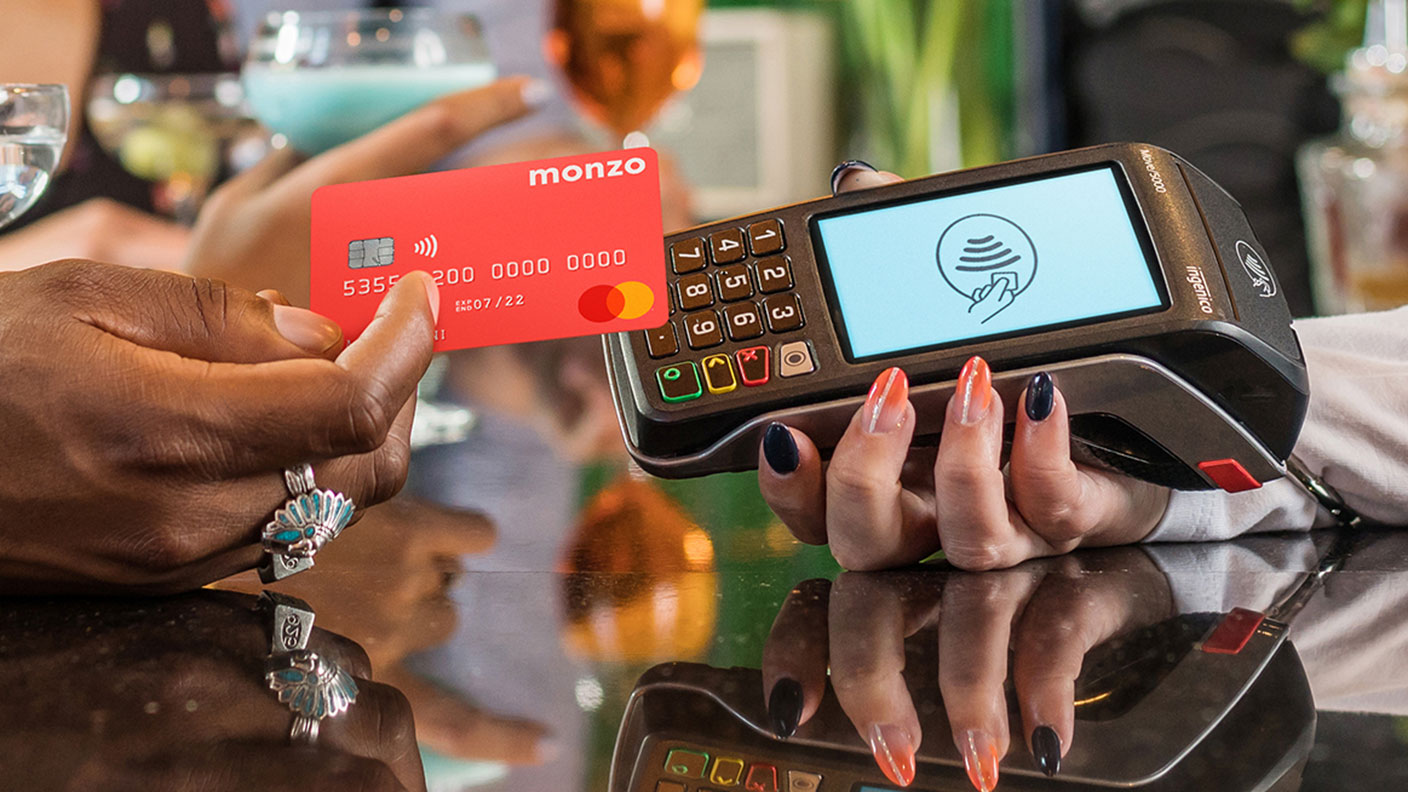How to get the best travel money rates
We explain where to find the best travel money rates so you can get the most bang for your buck when you’re on holiday.


Get the latest financial news, insights and expert analysis from our award-winning MoneyWeek team, to help you understand what really matters when it comes to your finances.
You are now subscribed
Your newsletter sign-up was successful
Want to add more newsletters?

Twice daily
MoneyWeek
Get the latest financial news, insights and expert analysis from our award-winning MoneyWeek team, to help you understand what really matters when it comes to your finances.

Four times a week
Look After My Bills
Sign up to our free money-saving newsletter, filled with the latest news and expert advice to help you find the best tips and deals for managing your bills. Start saving today!
Travel money may be the last thing on your mind when preparing for a much-needed holiday – there are other things like booking flights or finding the right travel insurance to keep you busy.
However, leaving it too late to swap your cash could mean you get stung by high bank or debit card fees.
We look at how to secure better exchange rates and get the best deals on travel money.
MoneyWeek
Subscribe to MoneyWeek today and get your first six magazine issues absolutely FREE

Sign up to Money Morning
Don't miss the latest investment and personal finances news, market analysis, plus money-saving tips with our free twice-daily newsletter
Don't miss the latest investment and personal finances news, market analysis, plus money-saving tips with our free twice-daily newsletter
How to find the best travel money rates
1. Don’t exchange currency in the airport
The general rule when it comes to travel money is to avoid airport exchanges.
Airport bureaux de change have a captive audience, as once you’re in the airport, there isn’t much choice about where you get your cash. You will typically get poorer exchange rates at the airport, so sorting out your travel money and currency exchange before you reach the airport can therefore make your money go further.
2. Use the right travel money cards
It’s a good idea to use travel cards when heading abroad, as they can help you lock in competitive exchange rates and manage your money better on holiday.
Alastair Douglas, CEO of TotallyMoney, says: “Don’t get burnt by bank charges this summer and take a fee-free card with you. Otherwise, if you pack the wrong one, you could find yourself paying £8.15 for £5 of cash when abroad.”
Check the small print, though, as while most of these cards can be used in European or American destinations, it’s unlikely you’ll be able to use them in more far-flung places.
Another option for travel money is to use a prepaid travel card or a currency card that links with your current account from providers such as Currensea, FairFX, and Revolut. The Post Office also launched a Travel Money Card that carries up to 22 currencies.
3. Supermarket loyalty programmes
Most savvy shoppers are familiar with supermarket loyalty schemes that give you discounts on your grocery shopping. But registered customers could also get lower exchange rates on travel money.
For example, Sainsbury’s customers can get a euro exchange rate of €1.1318 for £1, which goes up to €1.1341 for Nectar members.
Tesco Clubcard members can also get special rates of €1.1322, which falls to €1.1299 for non-members.
This won’t make much difference if you’re taking out smaller amounts, but it could give you extra spending money if you exchange more.
4. Find the best travel money providers
Comparison websites such as Go.Compare and Travel Money Max make it easy to search and find the best deals – but a lot depends on what’s available near you.
For instance, you might find it easier to visit your closest eurochange machine or go to the local Post Office.
We’ve put together a list of the top travel money providers to help you find the best deal. Note: this is based on withdrawals of £1,000 and the rates are correct at the time of writing.
Travel money provider | Exchange rate | Amount | Notes |
|---|---|---|---|
1.1383 | €1138.3 | Free delivery over £700 | |
1.1382 | €1138.2 | No handling fee for orders over £750 | |
1.1372 | €1137.2 | Free delivery over £700 | |
1.1348 | €1134.8 | Free delivery over £500 | |
1.1339 | €1133.9 | Minimum £250 online order | |
1.1330 | €1133 | Free next-day delivery over £600 | |
1.1322 | €1132.2 | Clubcard price | |
1.1318 | €1131.8 | Nectar price | |
1.1304 | €1130.4 | Click and collect | |
1.1277 | €1127.7 | Free delivery over £500 |
Rates last updated on 14 January 2026.
Get the latest financial news, insights and expert analysis from our award-winning MoneyWeek team, to help you understand what really matters when it comes to your finances.

Oojal has a background in consumer journalism and is interested in helping people make the most of their money.
Oojal has an MA in international journalism from Cardiff University, and before joining MoneyWeek, she worked for Look After My Bills, a personal finance website, where she covered guides on household bills and money-saving deals.
Her bylines can be found on Newsquest, Voice.Cymru, DIVA and Sony Music, and she has explored subjects ranging from politics and LGBTQIA+ issues to food and entertainment.
Outside of work, Oojal enjoys travelling, going to the movies and learning Spanish with a little green owl.
-
 Can mining stocks deliver golden gains?
Can mining stocks deliver golden gains?With gold and silver prices having outperformed the stock markets last year, mining stocks can be an effective, if volatile, means of gaining exposure
-
 8 ways the ‘sandwich generation’ can protect wealth
8 ways the ‘sandwich generation’ can protect wealthPeople squeezed between caring for ageing parents and adult children or younger grandchildren – known as the ‘sandwich generation’ – are at risk of neglecting their own financial planning. Here’s how to protect yourself and your loved ones’ wealth.
-
 Thousands of Brits switch to Nationwide, Monzo and NatWest – which banks are least popular?
Thousands of Brits switch to Nationwide, Monzo and NatWest – which banks are least popular?We look at the most and least popular banks and building societies as current account bank switches reach a record high. Is it worth moving your money?
-
 Best and worst UK banks revealed
Best and worst UK banks revealedWe reveal the best UK banks – and the worst – when it comes to managing your money and good customer service. How does your provider compare?
-
 iPhone users can now check bank balance from Apple Wallet
iPhone users can now check bank balance from Apple WalletNew tool aims to make it easier for smartphone users to track bank balance and spending
-
 Chase bank account: Time running out to earn unlimited cashback
Chase bank account: Time running out to earn unlimited cashbackNews Chase Bank pays you 1% cashback on all your purchases, plus 1% interest on your balance - but, you’ll need to act fast to take advantage of it.
-
 Best cards for travel abroad
Best cards for travel abroadAdvice We weigh up the best cards for travel, whether you’re going on holiday or you go abroad regularly
-
 Smartphone banking: the best app-based bank accounts
Smartphone banking: the best app-based bank accountsNews App-based banks are convenient, come with features that help you budget and make banking easy. What are the best app-based accounts available now?
-
 Should you join in on the dash for digital banks?
Should you join in on the dash for digital banks?Advice App-based financial-services providers are proving efficient and popular
-
 Personal finance apps for your smartphone
Personal finance apps for your smartphoneFeatures Personal finance apps for your smartphone can be a very useful tool for tracking your expenditure.